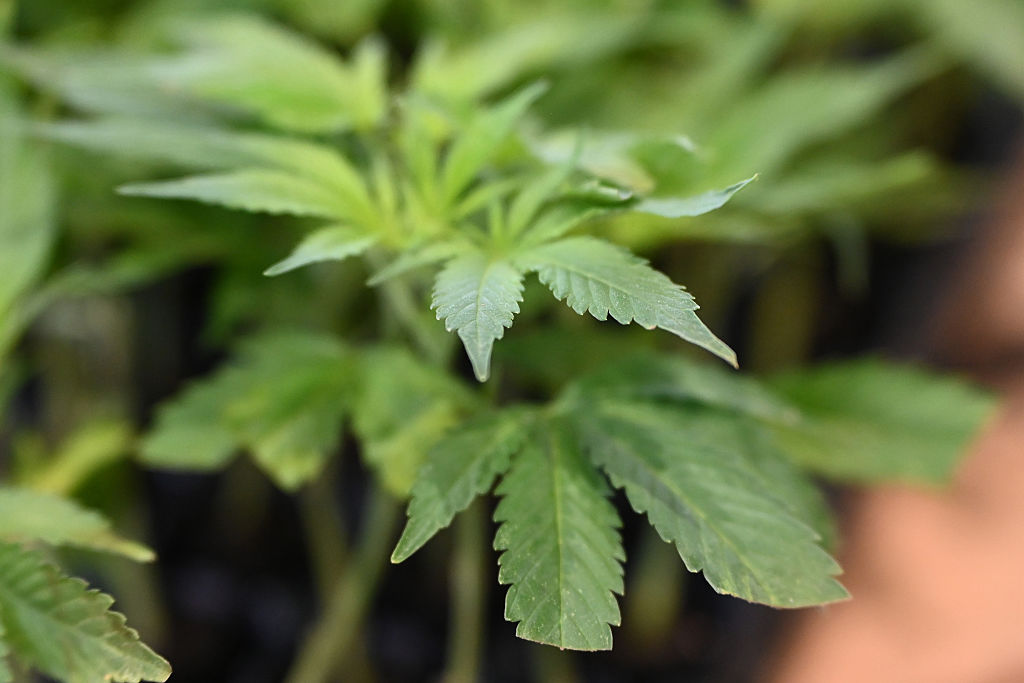US government contradicts itself on weed – here’s why it matters

The debate over the federal status of cannabis has raged on, and it seems like the U.S. government is divided.
Despite marijuana being federally labeled as a Schedule I drug, which means it has a high potential for abuse and is not accepted for medical use, federal agencies are increasingly straying from this classification.
RELATED: Is cannabis rescheduling going up in smoke?
An entry in a Department of Agriculture (USDA) knowledge base described cannabis as having medicinal uses, which conflicts with its Schedule I status, as reported by Marijuana Moment. The entry appears in Dr. Duke’s Phytochemical and Ethnobotanical Database within the USDA, which is a leading source on chemical compounds produced by plants and their effects on people.
Furthermore, the National Institute on Drug Abuse (NIDA), which is a division of the National Institute of Health (NIH), states that cannabis can be effective in treating some types of pain, and it may have additional therapeutic uses.
The labeling of marijuana as a Schedule I drug indicates that it has no accepted medical use; however, it is clear that the government does not unanimously accept this. Thus, another argument in favor of rescheduling emerges.
RELATED: This state could be the next to legalize weed
While politicians have debated rescheduling marijuana, the process has been stalled since the final days of the Biden administration.
Under the Trump administration, the issue has remained stagnant. Many weed advocates, health professionals, and even celebrities have asked Trump to consider rescheduling.
With scientific breakthroughs that provide evidence of marijuana’s therapeutic potential, advocates say that the government’s broad position that cannabis is not medicine is increasingly untenable. While rescheduling would not federally legalize the drug, it would allow licensed cannabis businesses to take federal tax deductions and remove many research barriers.